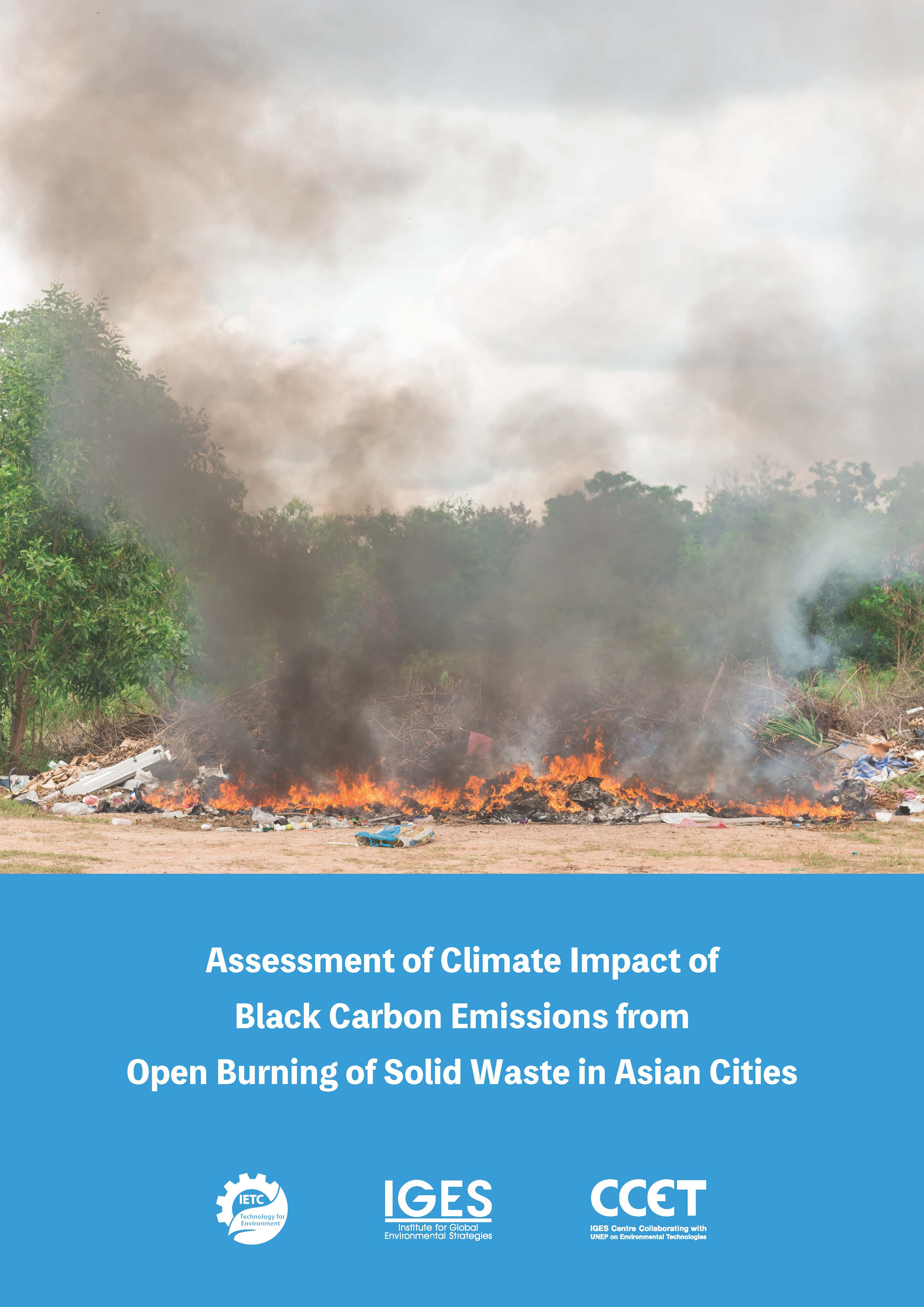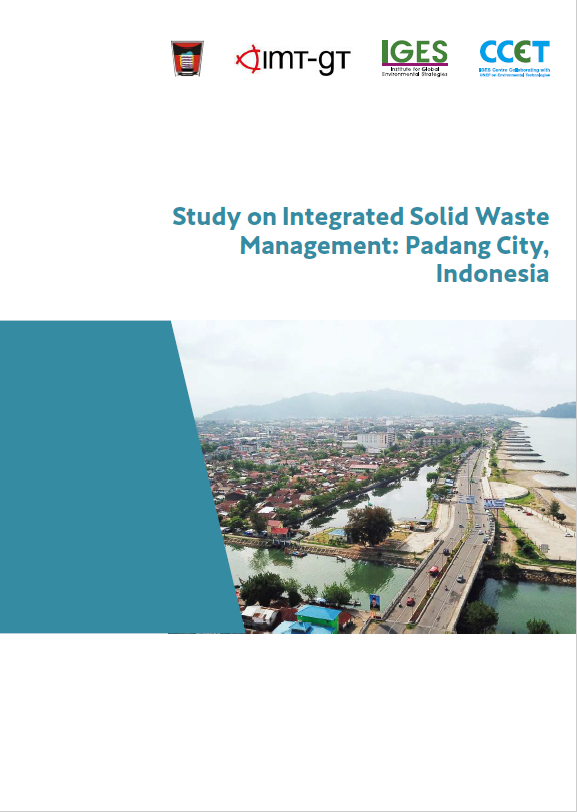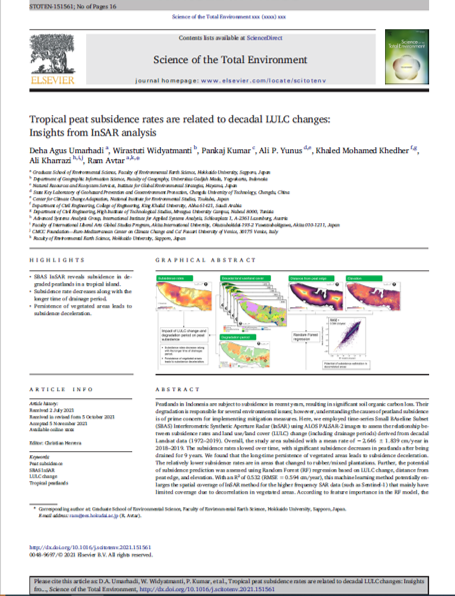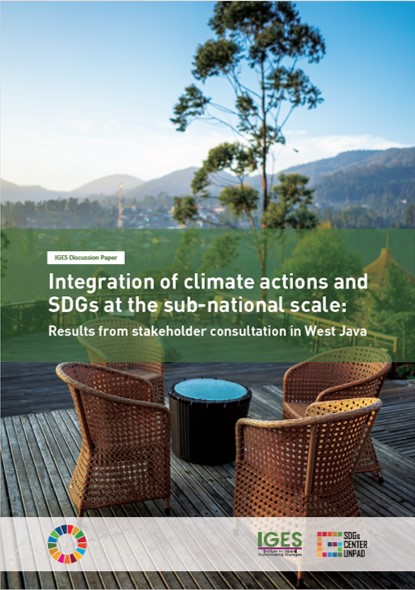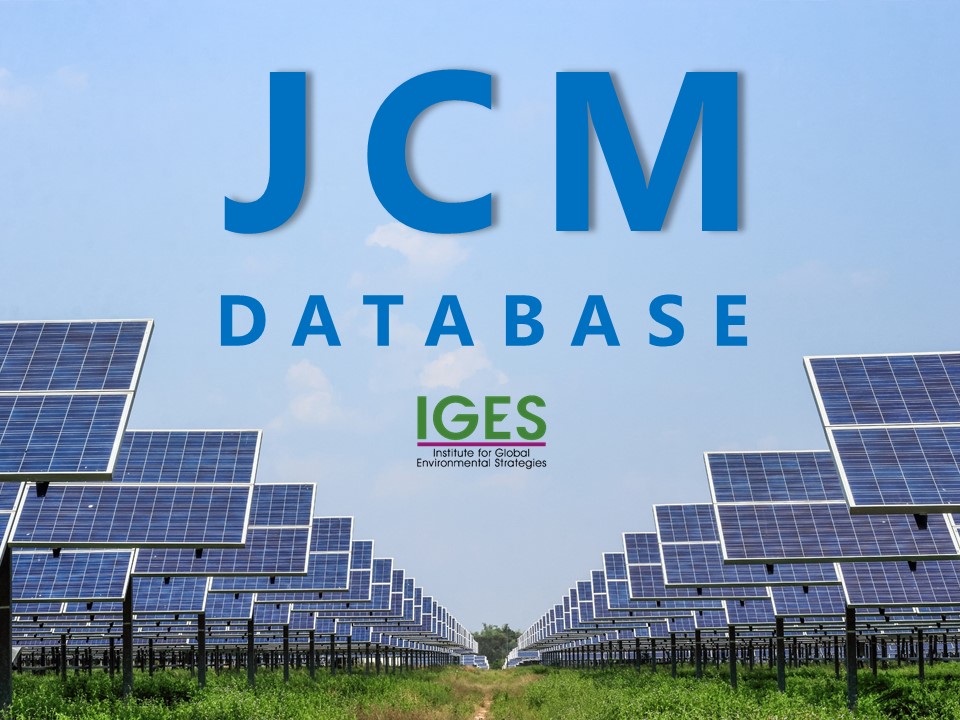Open waste burning is a widespread practice that is provoked by a lack of systematic waste collection, the unavailability of other disposal options, and inadequate land for the final disposal of the collected waste, especially in low- and middle-income countries. From a global perspective, two billion people have no waste collection at all, and the...
- Clear all
- Topic: (-) Climate Change
- Region/Country: (-) Colombia
- Region/Country: (-) Indonesia
- Region/Country: (-) Malaysia
- Region/Country: (-) Russian Federation
Results 1 - 10 of 65 (Sorted by date)
One emerging issue in Padang City, Indonesia is waste management. In addition to a rise in population, modern lifestyles and tourism development have resulted in burgeoning waste generation, as well as more littering and burning of waste. This problem has exceeded the waste management capacity of the city. Consequently, the Batang Arau river, one...
In Applied Energy
Tracking decarbonization effects requires a model for the identification of spatial energy demands on city facilities. However, most developing countries lack detailed discrete time and device-specific energy demand data. In this study, we installed multiple energy demand monitoring systems that could observe electricity demands at the device level...
In Science of Total Environment
Peatlands in Indonesia are subject to subsidence in recent years, resulting in significant soil organic carbon loss. Their degradation is responsible for several environmental issues; however, understanding the causes of peatland subsidence is of prime concern for implementing mitigation measures. Here, we employed time-series Small BAseline Subset...
Integrating climate actions and the SDGs poses some major governance-related challenges, in the forms of horizontal integration across different governmental agencies and vertical interactions among different levels of administrative decision making, while at the same time ensuring effective participation of relevant stakeholders in the...
Keywords:
This summary report presents the results of the technical analysis of the third biennial update report of Malaysia, conducted by a team of technical experts in accordance with the modalities and procedures contained in the annex to decision 20/CP.19. The author at IGES (Chisa Umemiya) served as one of the co-leads.
Keywords:
In Ketahanan Iklim Perkotaan (English: Urban Climate Resilience)
In Bahasa: Membangun Kota-kota rendah karbon di Indonesia memerlukan tiga faktor utama yang berkontribusi: membangun kapasitas, melibatkan pemangku kepentingan, dan memobilisasi sumber daya. Faktor-faktor tersebut tidak terpisah atau berbeda-beda namun saling tumpang tindih dan saling memperkuat satu sama lain. Sebagai ilustrasi, peningkatan...
In Ketahanan Iklim Perkotaan (English: Urban Climate Resilience)
In Bahasa: Pengembangan skenario pembangunan rendah karbon dapat digunakan untuk membantu perencanaan jangka menengah dan jangka panjang sehingga membantu para pengambil kebijakan kota-kota besar agar dapat mengadopsi lebih awal mengenai cetak biru perencanaan. Proses perencanaan skenario pengurangan emisi di masa yang akan datang untuk skala kota...
IGES Joint Crediting Mechanism (JCM) Database provides detailed information on the JCM methodologies, projects, and JCM feasibility studies to be utilized for research and development of JCM project. The JCM is being implemented under bilateral cooperation between Japan and 29 partner countries: Mongolia, Bangladesh, Ethiopia, Kenya, Maldives, Viet...
Keywords:
Indonesia begins to prepare a long-term GHG emissions reduction target (2050), which is commonly called Long Term Strategy (LTS). In line with this National LTS, DKI Jakarta is preparing its Provincial LTS aiming to establish the Low Carbon Development Strategy (LCDS) for achieving the Low Carbon Society (LCS). In conjunction with this DKI Jakarta...

